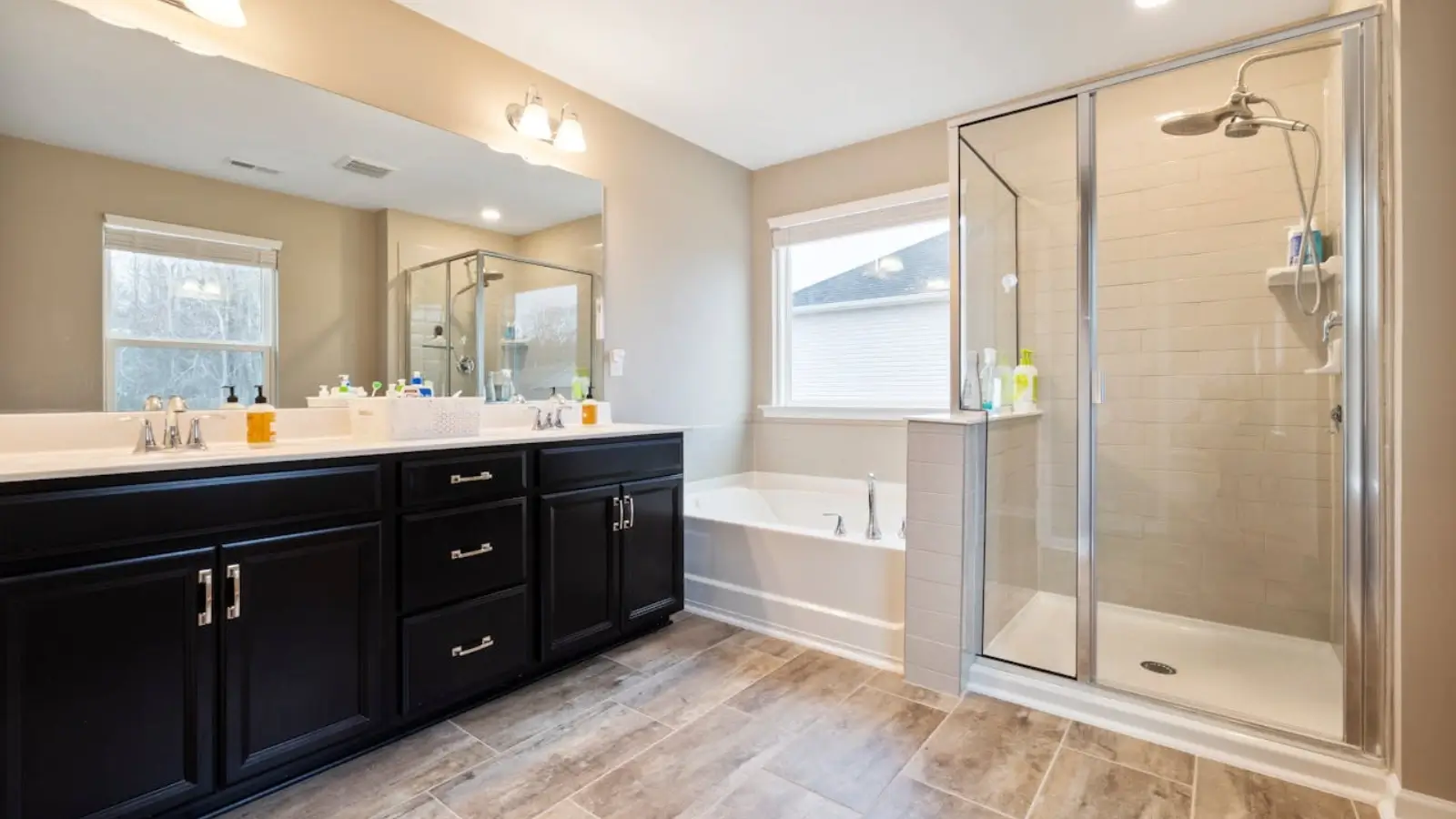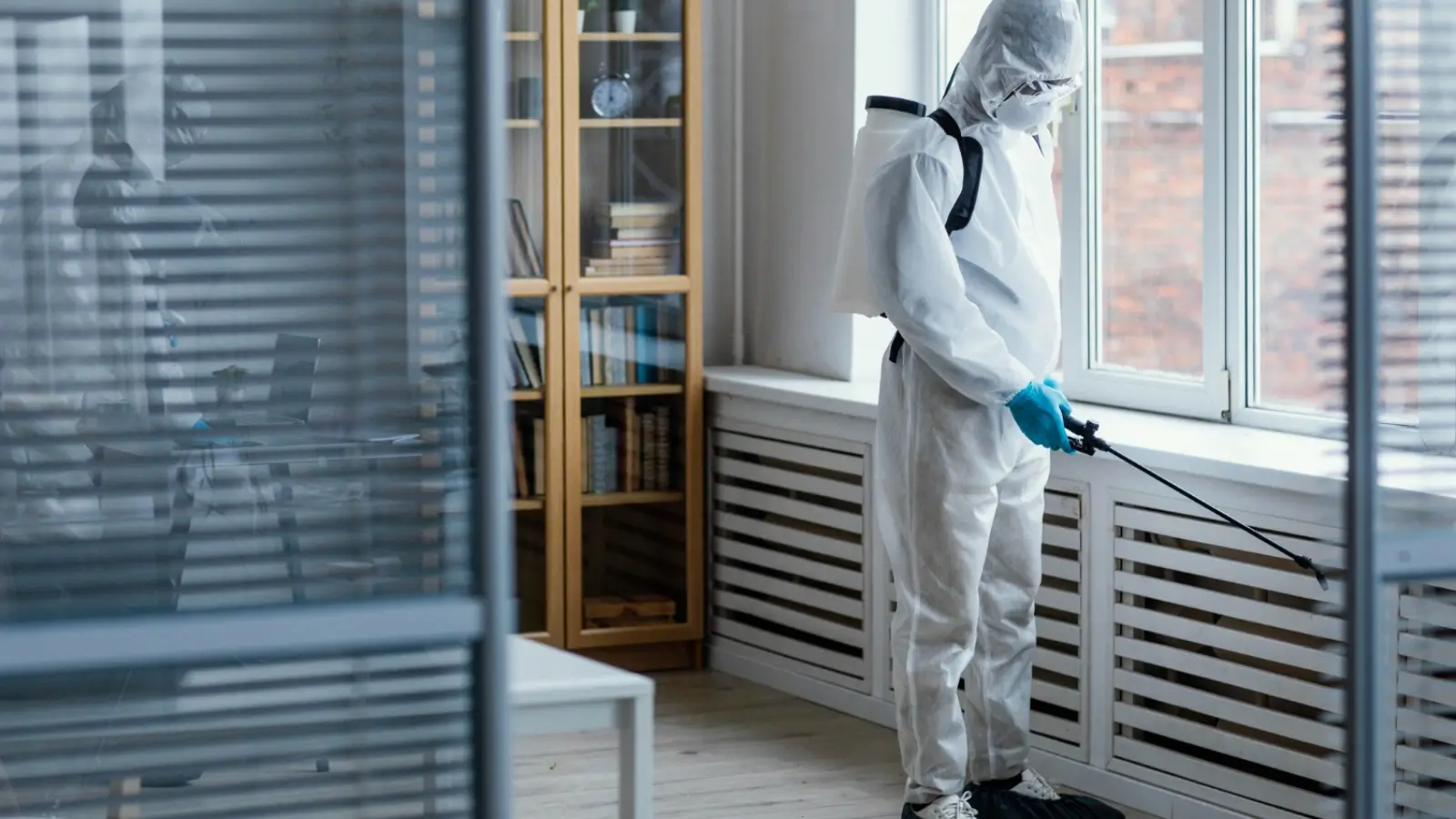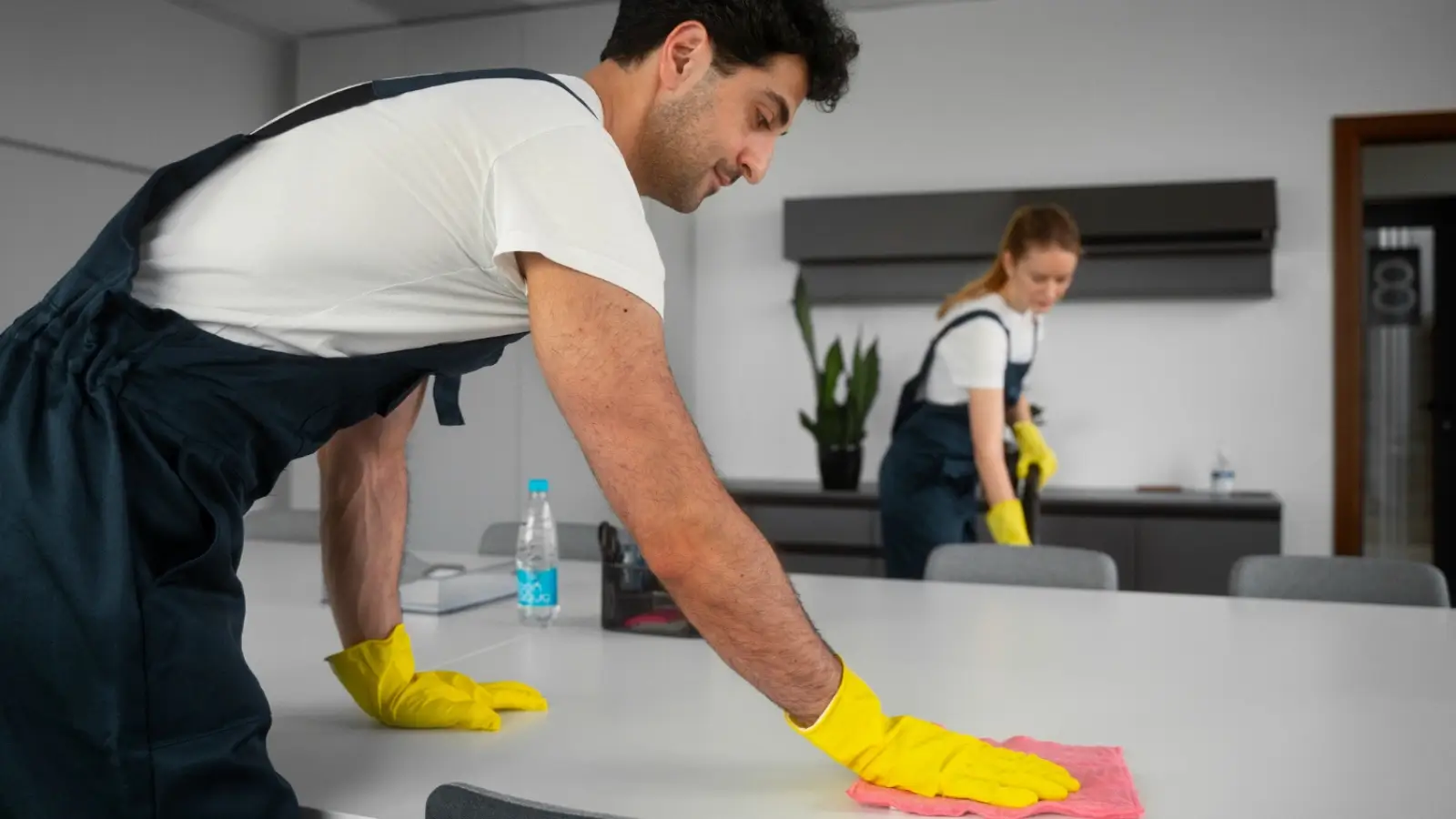Choosing the right window treatments goes beyond selecting color or material—it is about proportion, balance, and getting the sizing just right. Shutters that are too small or too wide can significantly alter the overall appearance of a home's exterior or interior. In this blog, we will uncover the most common proportion mistakes homeowners make and offer practical advice on how to avoid them. Whether you are considering custom size shutters for unique window shapes or looking for the best shutters for small windows, knowing these shutter-sizing secrets will help you achieve clean lines, visual harmony, and long-lasting appeal.
The importance of proper shutter sizing
Incorrectly sized shutters can make windows appear awkward and reduce the overall aesthetic of your home. The goal is to enhance architectural beauty, not distract from it. When shutters are measured and installed correctly, they complement the window's size and shape, providing symmetry and balance. This is especially important for shutters for small windows, where disproportion can become even more noticeable.
Measuring for custom shutters: Key dimensions to consider
When selecting custom size shutters, homeowners should carefully measure both the height and width of their windows. A common mistake is assuming a one-size-fits-all approach will work, but every window and frame has its unique measurements.
1. Height considerations
Shutters should typically match the full height of the window opening, not just the glass. Measuring from the top of the window frame to the bottom ensures the shutters will align correctly when closed or placed decoratively on the sides.
2. Width proportions
Each shutter panel should ideally be half the width of the window if they are meant to close, allowing both panels to meet neatly in the middle. For purely decorative custom size shutters, width can be adjusted slightly, but they should still visually match the proportions of the window.
Common sizing mistakes to avoid
1. Installing too narrow or too wide shutters
Oversized shutters can overpower small windows, while undersized shutters can look like afterthoughts. This is a common issue with shutters for small windows, where proportional accuracy is crucial to prevent an unbalanced appearance.
2. Ignoring trim and architectural details
Failing to factor in exterior trim or window molding can lead to sizing errors. Always consider the whole area surrounding the window when ordering custom size shutters to ensure a seamless fit.
3. Mismatching shutter styles
Louvered, board-and-batten, and raised-panel shutters all have different ideal proportions. Choosing the right style and size combination is crucial, especially when it comes to shutters for small windows, where detail matters most.
Visual harmony through consistency
Maintaining uniform shutter size across similar window types creates a clean, cohesive look. When designing for a multi-window facade, ensure all custom size shutters maintain proportional harmony. This consistency is key to elevating your home's curb appeal.
Final thoughts: Design with confidence
Avoiding proportion mistakes is not complicated—it just requires careful measuring, attention to detail, and the right product choices. With the help of well-fitted custom size shutters, you can create a polished, elegant look for any home. For those trickier installations, such as shutters for small windows, focusing on proper scale and style will ensure a finished product that feels intentional and well-balanced.
Visual harmony starts with the correct size. Choose your shutters with care—and let every window make the statement it was meant to.

















